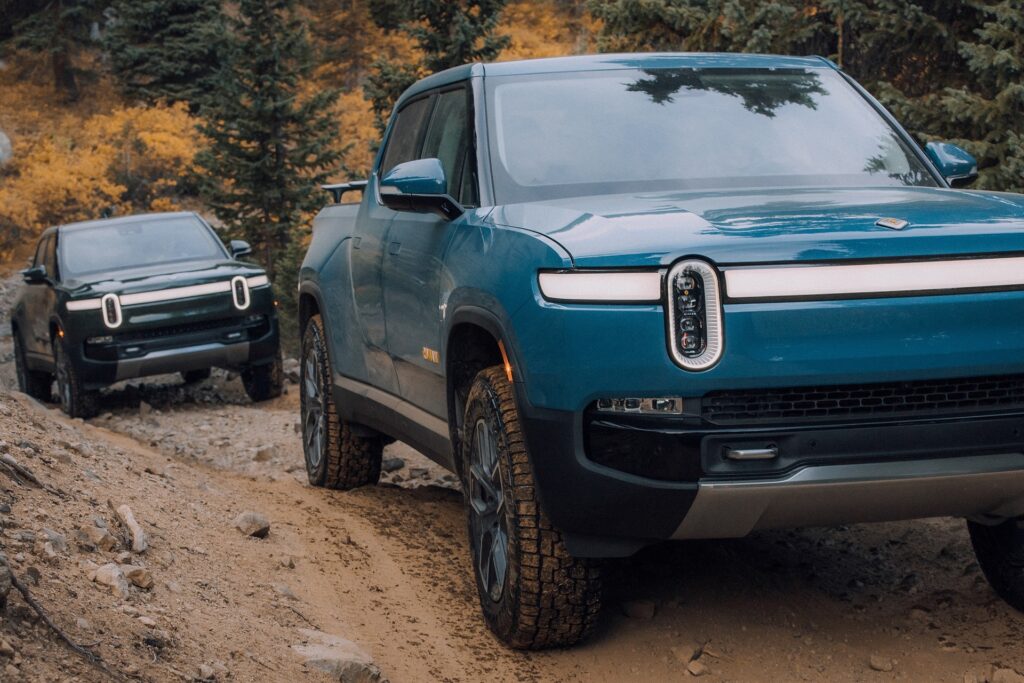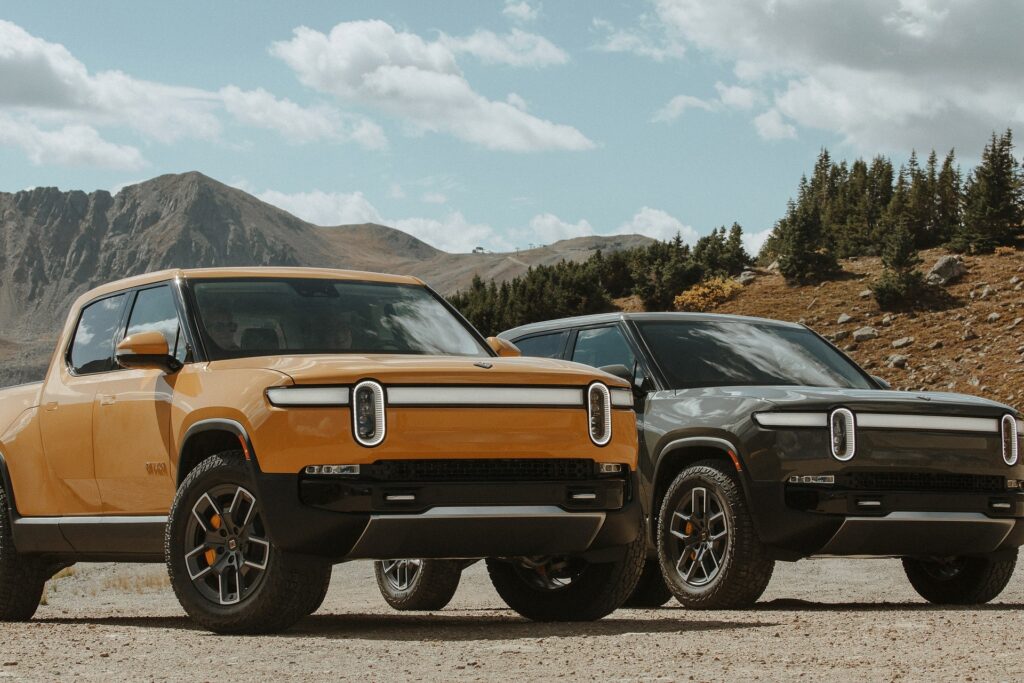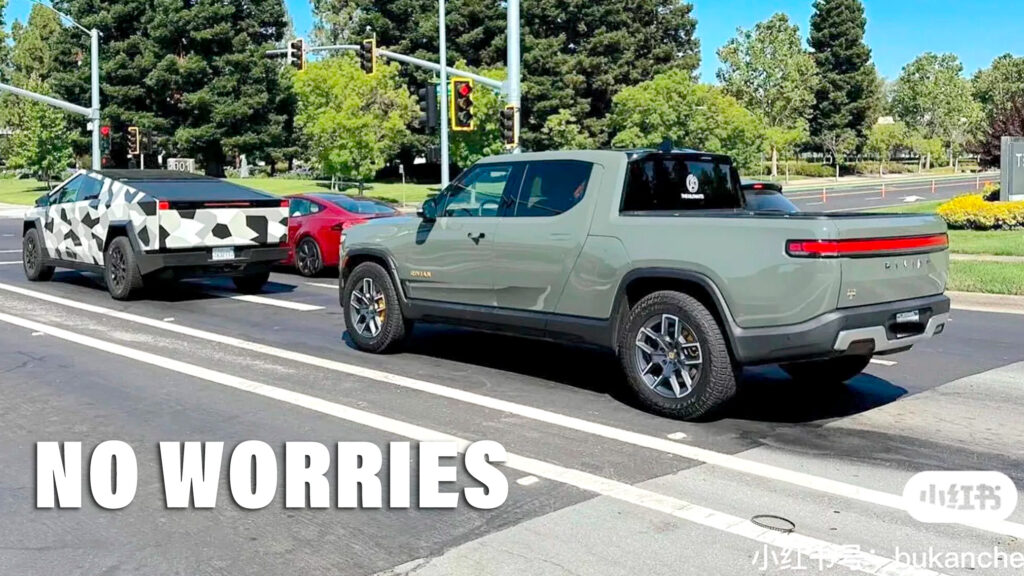With the long-awaited Tesla Cybertruck expected to start production in the coming weeks, it raises the question of how its introduction to the market will affect the sales of other EV trucks, especially those from startup companies like Rivian. However, the company’s CEO, RJ Scaringe, doesn’t seem too worried about it.
At Code 2023, a tech conference in California hosted by Vox Media, Scaringe shared why he doesn’t believe Tesla’s foray into the electric truck market will be too great of a threat. His perspective hinges on the distinct market positioning of the Cybertruck and the R1T. Scaringe believes that the customer base for the Cybertruck differs significantly from that of the R1T, and that these two vehicles essentially serve different niches within the market.
Read More: Rivian CEO RJ Scaringe Optimistic About Production Ramp Up And New Partners

“If you were to think of the Venn diagrams with customers, there’s probably not a lot of overlap,” he said at the conference, according to Yahoo Finance. We’d be inclined to agree, as there’s no denying the bold, futuristic Cybertruck is aimed at a different clientele than the more practical, no-nonsense Rivian.
With that in mind, Scaringe clarified that this statement was not to discredit Tesla’s efforts. “I think it’s great that a product like that exists in the world. If we truly want to electrify everything that’s produced – to give us some scale – there’s one and a half billion cars on the planet, and we as a planet produce 90 million a year,” he continued.
See Also: Rivian Gently Increases 2023 Production Goal As Recent Moves Begin To Pay Off

We’d have to imagine that some of this confidence comes from Rivian’s leg up in terms of market share. They built just under 25,000 vehicles in 2022 and are on track to build double that in 2023, whereas Tesla has yet to deliver a single production unit of the Cybertruck, and may not do so until the end of this year at the earliest. Granted, they do eventually plan on producing 375,000 units per year, but for now, that remains only a target.
Not to mention that Tesla isn’t exactly known for staying on track with their projected timelines. Take the Cybertruck‘s introduction itself, for example. It was announced back in 2019, yet it didn’t make it to production for another four years, despite Musk’s initial goal of accomplishing it in half that time. Nevertheless, only time will tell how these trucks end up competing with each other, and we’ll just have to wait until the Cybertruck reaches the masses before we get a definitive answer.



